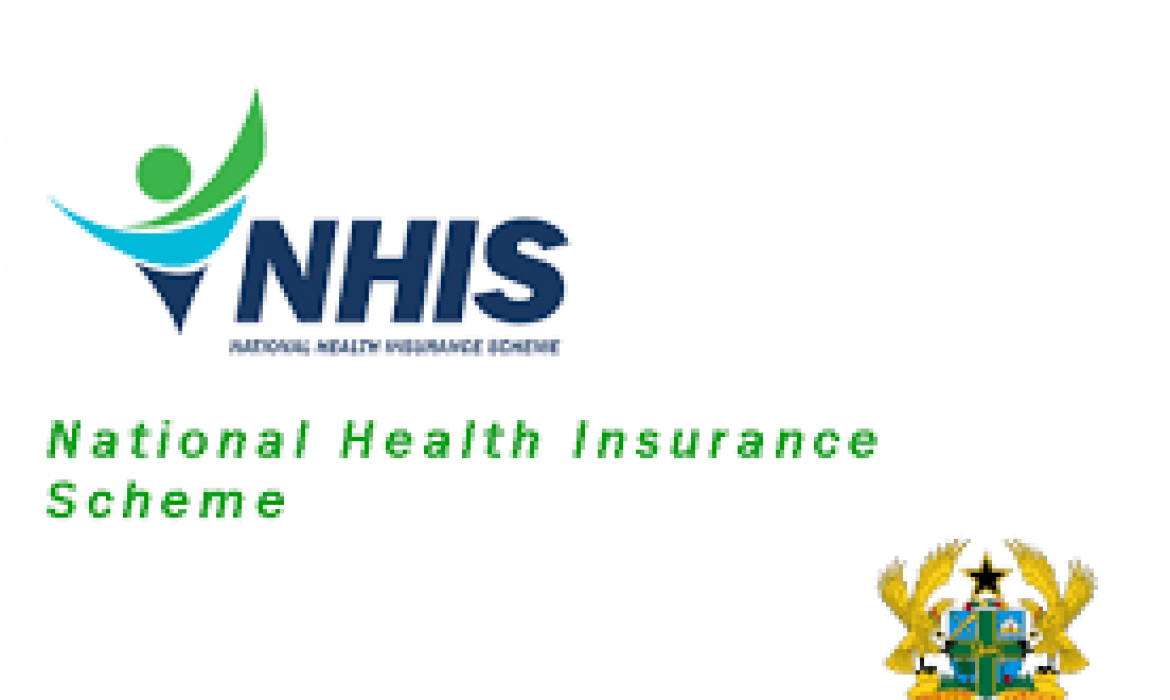Over ten years after Ghana’s bold implementation of its globally acclaimed national health insurance scheme, the country is set to roll out fundamental design reforms aimed at enhancing equity, improving access to services, and assuring financial protection.
Dr. Chris Atim, Head of the seven member Technical Review Committee, put the ongoing discussions in perspective.
Redesign Considerations
Key among the redesign considerations is the observation that the current benefit package of the scheme, given resource constraints, was not designed with a focus on addressing the priority health sector goals of the country (primary health care, maternal and child health, non-communicable diseases etc.). Secondly, the current design appears particularly weak on cost controls, with the National Health Insurance Authority (NHIA) for example appearing to have little control over a scheme with an ineffective gate keeper system, where clients often self-determine the levels at which to seek care, sometimes seeking care at higher more expensive levels of the health system for conditions that could be effectively managed at lower levels.
Over the last few years, expenditure, in claims reimbursements to health facilities, has gradually outstripped revenue, also raising credible questions about financial sustainability. There are also negative perceptions about the scheme from both insured and uninsured people because they “wait for long hours before they are attended to at the health facilities because the providers tend to attend to those that are paying out of pocket first before them”
Reform Recommendations
In the light of the above, the Technical Review Committee is making four key recommendations to government; firstly, recommending a universal primary care benefit package for all residents based on the taxes paid by all; secondly, different payment modalities for various benefit packages at the higher (i.e. beyond PHC) levels of the health system, thirdly, establishing a Patient Protection Council to serve as an independent consumer protection unit, and fourthly, the formation of aNational Health Commission, to coordinate and harmonize health financing and regulatory policy in the sector and also charged with the role of priority setting. Representatives on the Commission are expected to include officials from Ministries of Finance, Gender, Employment, etc., providers’ bodies, development partners, regulatory bodies, as well as governance Civil Service Organizations and beneficiary groups.
Of these four recommendations, the first, aimed at guaranteeing universal access to a primary health care package is explored further. What does it really mean and what will be different?
Universal access to primary health care means that the national health insurance levies paid by all citizens will now qualify everyone to access a defined care package at CHPS, health centre and district hospital levels of the health system. The main ingredients of this care package are still being defined and will be informed by health priorities like maternal and child health and realistically allocated resources. There are also initial discussions to incorporate a few health prevention and/or promotion interventions including counselling and screening etc. These will be informed by ongoing actuarial studies.
The above recommendation aims at providing universal coverage for a limited package in a reliable manner unlike the current system where only those insured are assured of coverage for 95% of the disease burden even though some may not be able to benefit fully. Closely tied to this recommendation is the type of service provider being recommended to provide this primary health package. It is the Committee’s view that the primary health care package should be limited to only clinics, health centres and district hospitals run by the Ghana Health Service and the Mission sector in addition to a few private hospitals being operated in truly remote and underserved areas with no public facility within a 5km radius.
In other words, members of the population wanting to access care through urban based private hospitals will have the option of the Private Commercial Health Insurance schemes, provided for under the law.
Managing Drug Costs
The National Health Insurance Authority currently spends almost 50% of its revenues on drug costs although providers strongly contend that tariffs paid by the Authority are well below the true market price of these drugs. To address the spiralling costs of drugs, the Committee is proposing a so called strategic purchasing through framework contracts. Under this, the country, through the Health Ministry, will negotiate a guaranteed price and minimum volume with various manufacturers. This guaranteed price will enable the health Ministry to have better control over the costs of drugs and medicines, while paying tariffs that will enable providers and manufacturers to secure decent margins. With direct purchasing from manufacturers, the quality of the drugs is expected to be better guaranteed.
The Technical Committee is supposed to submit its report to government by mid- August, 2016. Alongside the work of this Committee is an actuarial study that will professionally assign costs to all the above proposals, and create the various scenarios that will drive actual implementation by a yet to be constituted Implementation Working Group.
Dr Chris Atim, Committee Chair, applauds the bipartisan support enjoyed by the review Committee, adding, “I believe people will be happy with a system that works even if not delivering the moon, rather than promise the moon and be unable to deliver it fully.”
Dr. Sodzi Sodzi-Tettey



